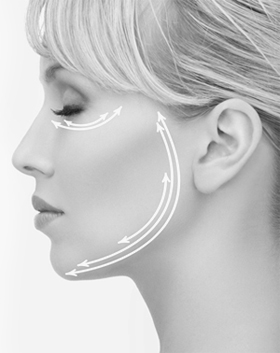 One of the most overused and misunderstood terms, which lacks complete definition because of varying perceptions and changing ideas, is ‘beauty’. Beauty is and has always been a controversial subject throughout the history of mankind. Perceptions of beauty have changed with time, though it’s undisputed that every person has a different view on what constitutes beauty.
One of the most overused and misunderstood terms, which lacks complete definition because of varying perceptions and changing ideas, is ‘beauty’. Beauty is and has always been a controversial subject throughout the history of mankind. Perceptions of beauty have changed with time, though it’s undisputed that every person has a different view on what constitutes beauty.
In today’s world, such differing perceptions are often the force driving the demand for cosmetic surgical procedures. One report rightly points out that the concepts of beauty that ‘beauty authorities’ such as Hollywood, fashion designers and style experts put forward tend to influence most people. Understanding the changing perceptions of beauty helps plastic surgeons to make decisions that are in the best interests of their patients. They must also work to change attitudes so that future generations are not led to believe that beauty only means attractive physical traits.
With differing perceptions and standards of what constitutes beauty, a woman would find it difficult to discover her own beauty. Experts point out that every woman has a beauty quotient – a blend of physical health, psychological health and personal appearance. Psychological health is a mix of personality, sensitivity and warmth, sense of humor, intelligence, attitude and the level of confidence. Skin-care, posture, clothes, hair, makeup and style determine her personal appearance. Achieving the right proportion and balance of these elements enhances a woman’s beauty. Self-esteem is more closely linked to how we see our own beauty than how others see us.
Once you have the right perception of your own beauty, you can identify the areas which could be improved to make you look better. Cosmetic surgery is linked to nutrition, fitness, makeup, and fashion. Cosmetic surgeons need to ensure that their patients have realistic expectations. What works for one candidate would not work for another. In fact, patient selection and education is crucial to achieve high rates of patient satisfaction.